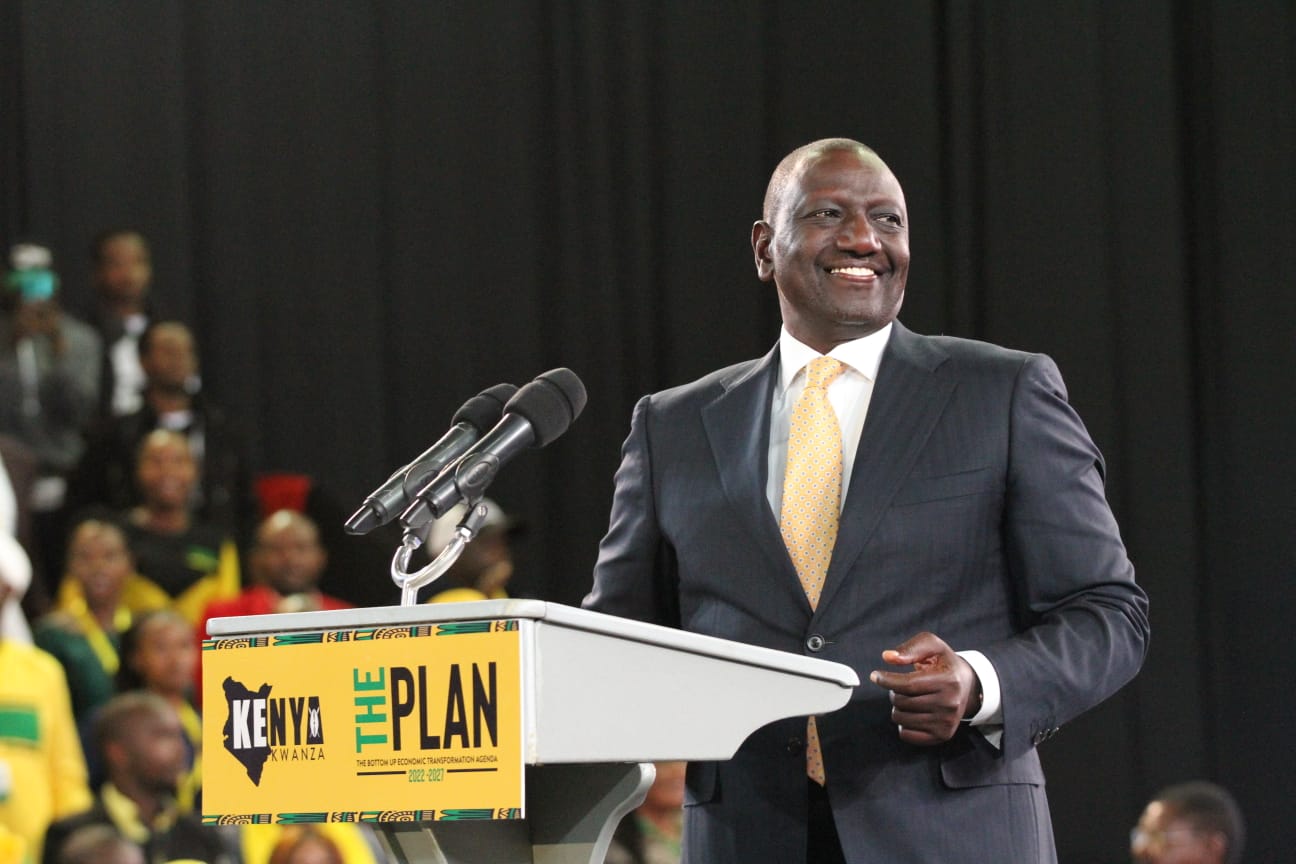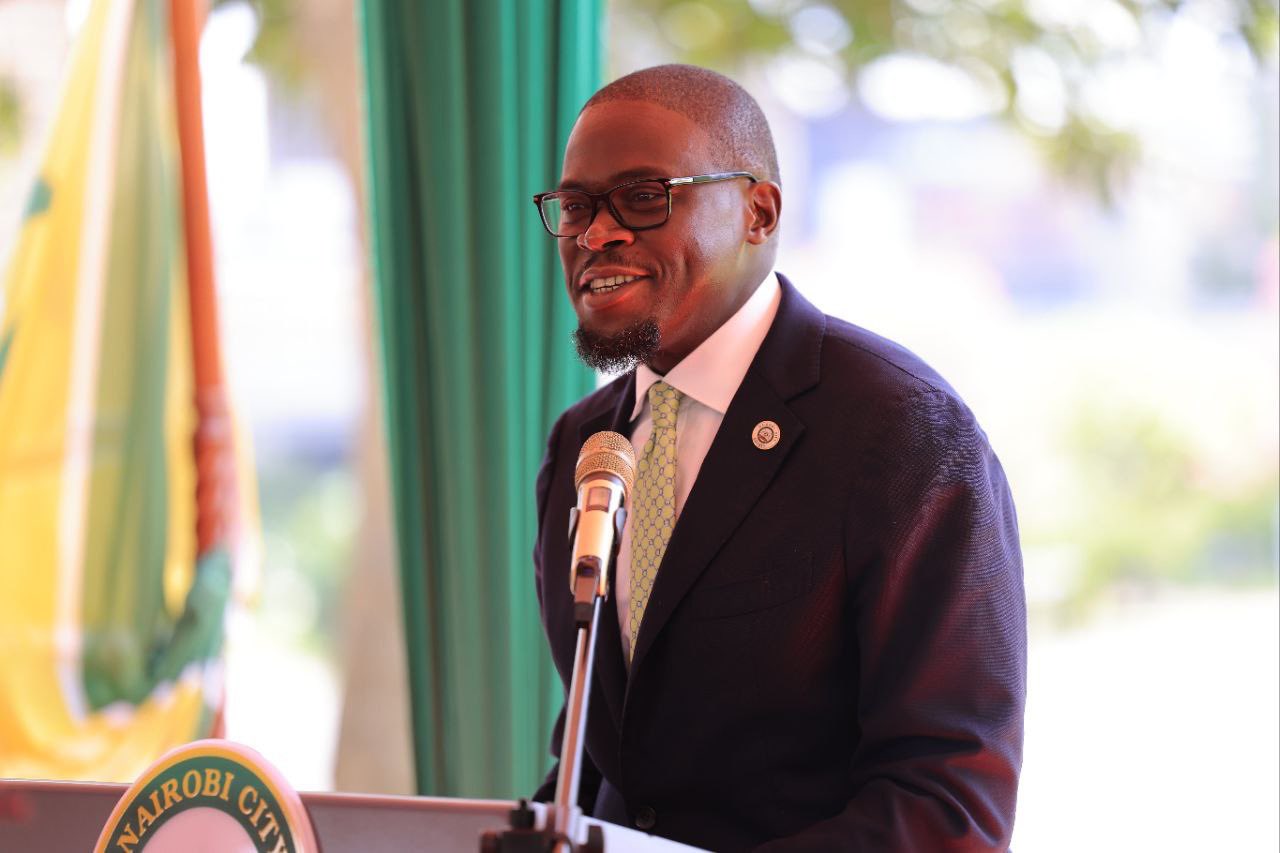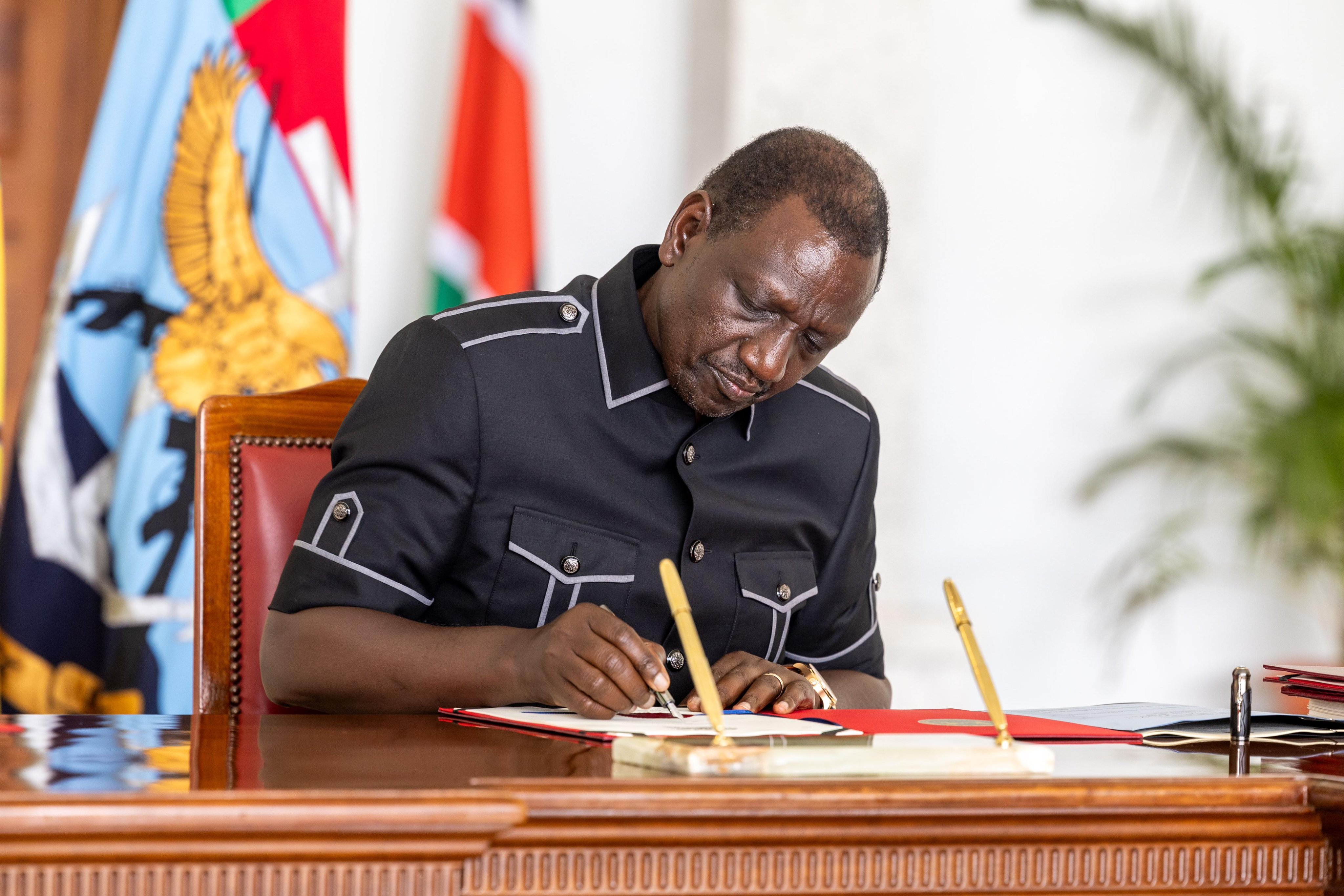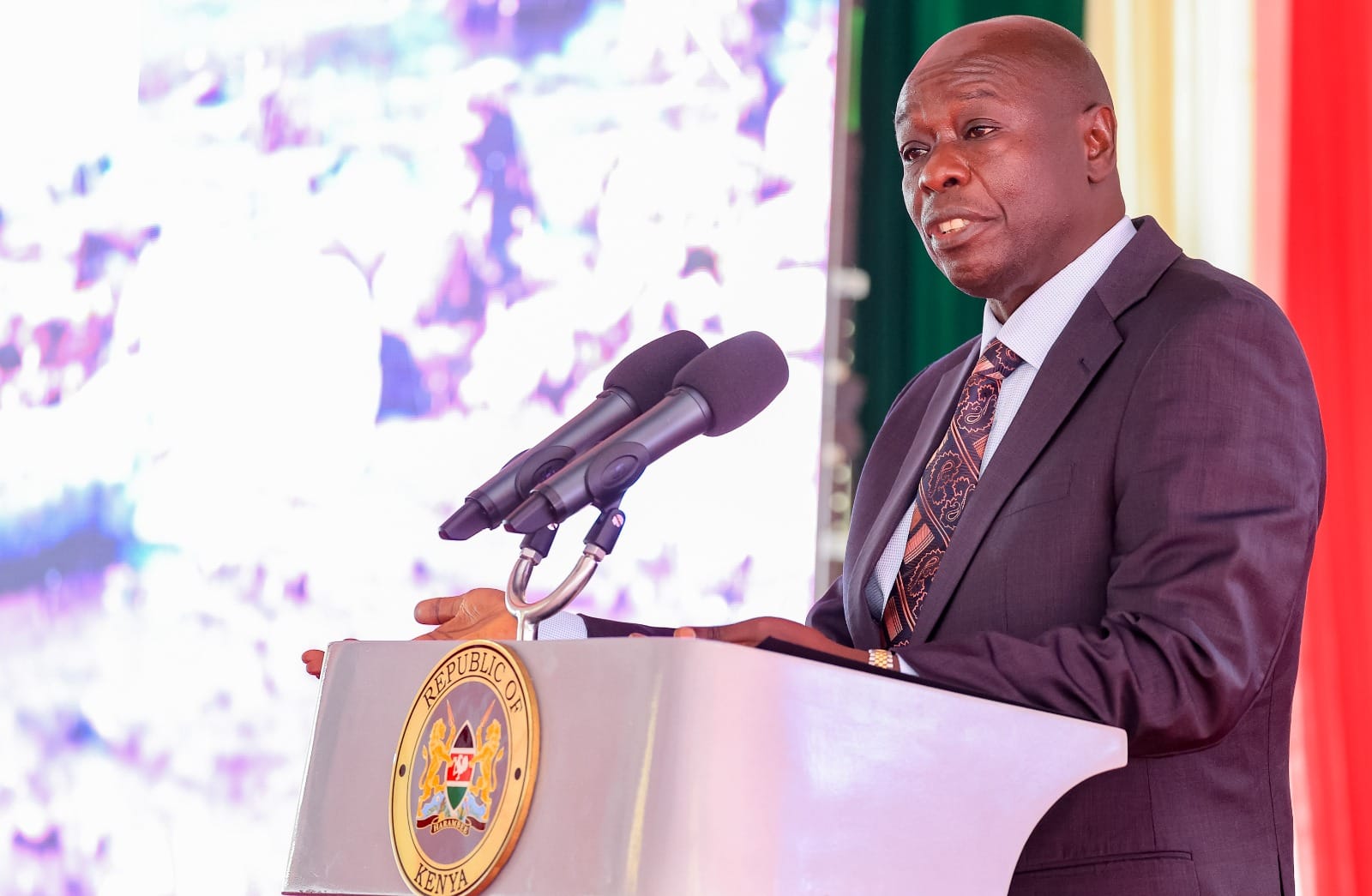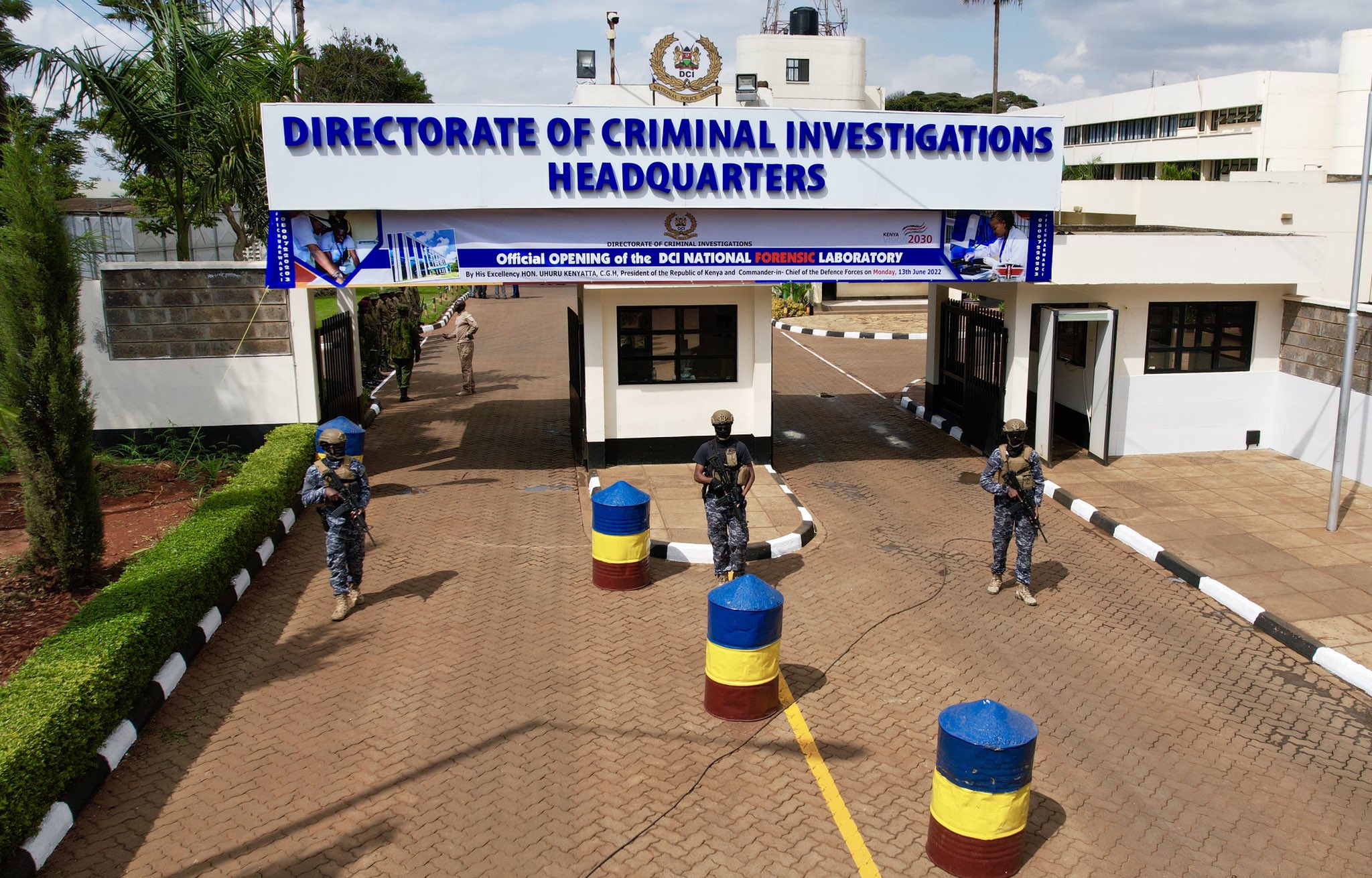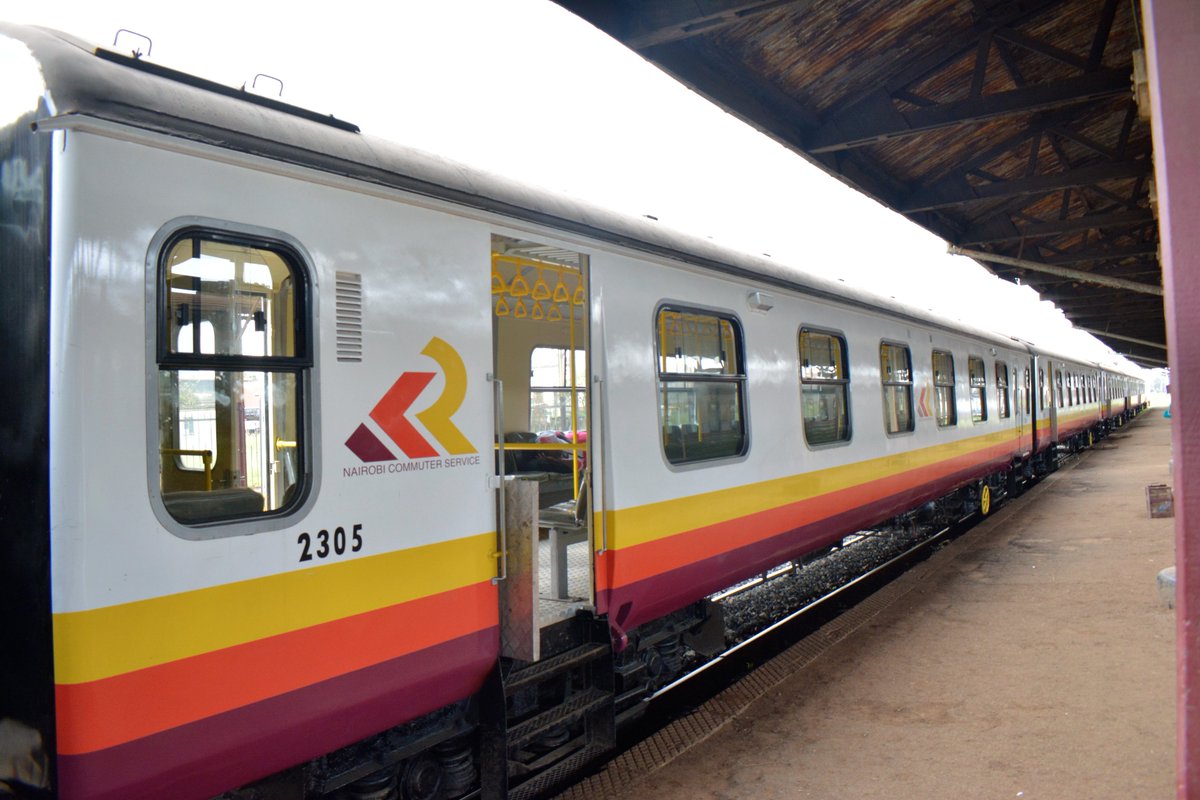On Thursday, June 30, Deputy President William Ruto together with his Kenya Kwanza brigade unveiled their manifesto ahead of the August polls.
During the launch at Kasarani Indoor gymnasium, Ruto spelt out a number of issues that his Kenya Kwanza government is going to tackle and implement should they take the mantle after August.
Among the key areas that will build a solid foundation for Ruto's manifesto include;
1. Agriculture. Kenya Kwanza has promised to provide adequate affordable working capital to farmers through well-managed farmer organizations.
The alliance also promised to set aside Sh250b shillings in the financial year 2023 - 2027 to transform 2 million poor farmers from food-deficit to surplus producers through input finance and intensive agricultural extension support
Read More
2. Transforming the Micro, Small, and Medium Enterprise(MSME) Economy.
Ruto's team has promised to end the criminalization of work, and committed Sh50 billion a year to provide MSMEs with percent access to affordable finance through SACCOs, venture capital, equity funds, and long-term debt for start-up
3. Housing and Settlement.
Kenya kwanza has committed to establishing a settlement fund similar to the one that was used to acquire land from settler farmers after independence.
Ruto said his Kenya Kwanza government will also grow the number of mortgages from 30,000 to1,000,000 by enabling low-cost mortgages of Sh10,000 and below.
KKA also said they will strengthen the Jua Kali industry's capacity to produce high-quality construction productions as well as give developers incentives to build more affordable housing.
4. Health Care.
Some of the reforms Ruto's team promised include; Afya Bora Mashinani which will be a primary healthcare-based approach that will give priority to preventative and promotive services mashinani.
He also promised to give priority to the employment of an initial 20,000 health care workers (doctors, nurses, lab technologists, clinical officers, etc.) to bridge the gap as per the WHO recommendations that require 23 HCW per 10,000 people.
KKA also promised to increase budgetary allocation to health from 4% to 15% of the total annual government budget

5. ICT & Creative Economy.
Among the promises by Kenya Kwanza to improve ICT and creative economy includes
i. Plans to increase and enhance broadband connectivity across the country through the construction of 100,000km of fiber optic connectivity network to accelerate the development of Konza Technopolis
ii. Economic transformation of rural economy through digitization via investing in the digital economy by rolling out 100,000km of fibre to counties, villages, schools, over 24,000 businesses and homes expected to speed up innovation and entrepreneurship
iii. Enhance government service delivery through digitization and automation of all government critical processes and make 80% of government services available online.
iv. Establish Africa Regional Hub and promote the development of Software for export
v. The implementation of the Digital Master Plan will adhere to environmental agreements to which Kenya is a signatory.
6. Infrastructure. Ruto's Kenya Kwanza team promised to complete all roads under construction by the Jubilee government, prioritize upgrading and maintenance of rural access roads, and improvement of infrastructure in urban informal settlements.
He promised a total of Ksh200 billion in 2023 - 2024 financial for infrastructure.
7. Manufacturing.
Ruto promised to make use of locally available materials such as leather from local hides and skin, produce building products locally, as well as a source for local production of pharmaceuticals and medical supplies.
8. Education.
Ruto said the Kenya Kwanza government is committed to addressing inequities in the education system to level the playing field for all children irrespective of their background. He also committed to equitable universal basic education defined as 12 years of schooling.
KKA promised to bridge the current teacher shortage gap of 116,000 within two financial years. He added that they will also review the current exam-based system of academic progression which he said has excluded millions of learners based on basic education exit exams, by implementing alternative entry criteria.
9. Women agenda. Some of the key issues that Ruto's government will focus on to ensure women are incorporated and become part of Kenya Kwanza's government include;
(i) Realization of the two-thirds gender rule in elective and appointive positions in the public sector, within 12 months following election including 50% cabinet positions for women.
(ii) Increase the number of personnel at, gender desks at police stations as well as increase funding for the Anti-Female Genital Mutilation (FGM) Board and fully implement the Anti FGM law;
(iii) Establish a social welfare fund for women working abroad to provide a safety net for distressed Diaspora citizens
(iv) Ensure availability of clean, safe, environmentally friendly and affordable cooking fuels. Provide free sanitary towels in all schools and public washrooms easily accessible to economically disadvantaged women
10. Governance.
KKA promised to strengthen and professionalize the Office of the Attorney General to end the AG’s inability to defend public interest and constitutional values before the courts, in legislative development, and during treaty and contract negotiations, among others.
They also promised to strengthen police oversight (IPOA and NPSC) and appoint an Ombudsman to focus on human rights violations of youth, in particular with abuses of urban youth and police misconduct.
